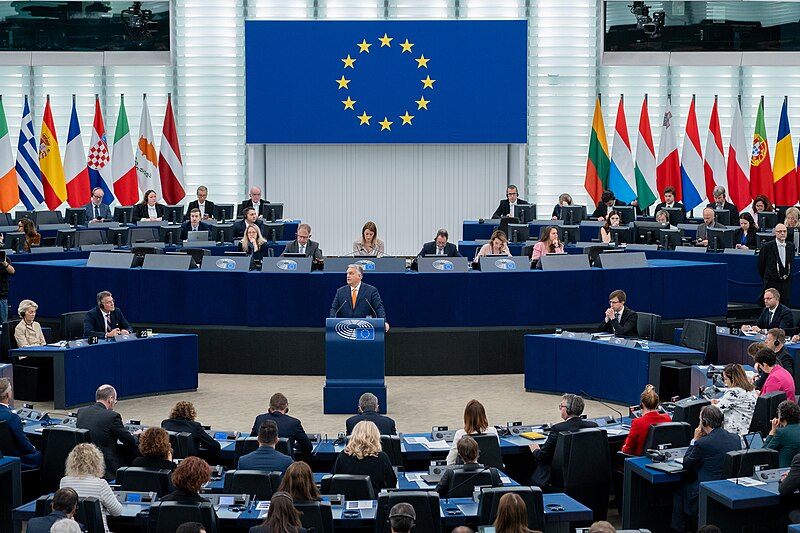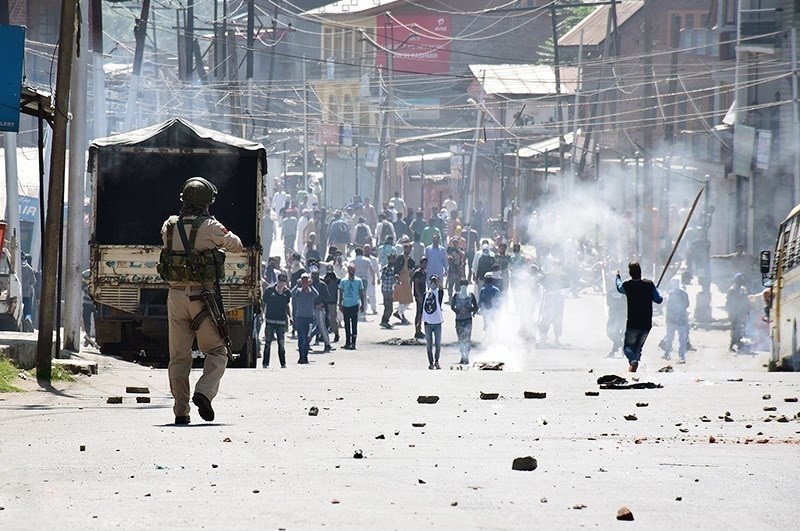The 2022 parliamentary elections once more solidified Prime Minister Orbán’s Fidesz party with a commanding two-thirds majority. While political competition still exists in Hungary, the playing field is highly skewed. Currently, there are no indications that Orbán or Fidesz intend to halt the continuing drift towards autocracy and the formation of an illiberal government.
Hungary’s economy is integrated into the European Single Market, and as an export nation, it relies heavily on the support of the EU in shaping trade relations. Despite this dependency, the regime persistently conflicts with the EU, which makes the economy vulnerable. Budget restraints, high inflation and the departure of foreign investors serve as strong warning signals.
The main issue at hand is corruption, and the impact of state capture can be observed in all areas. Furthermore, most formal veto players are aligned with Fidesz and do not function as checks and balances. However, international institutions still constrain Orbán’s power.

